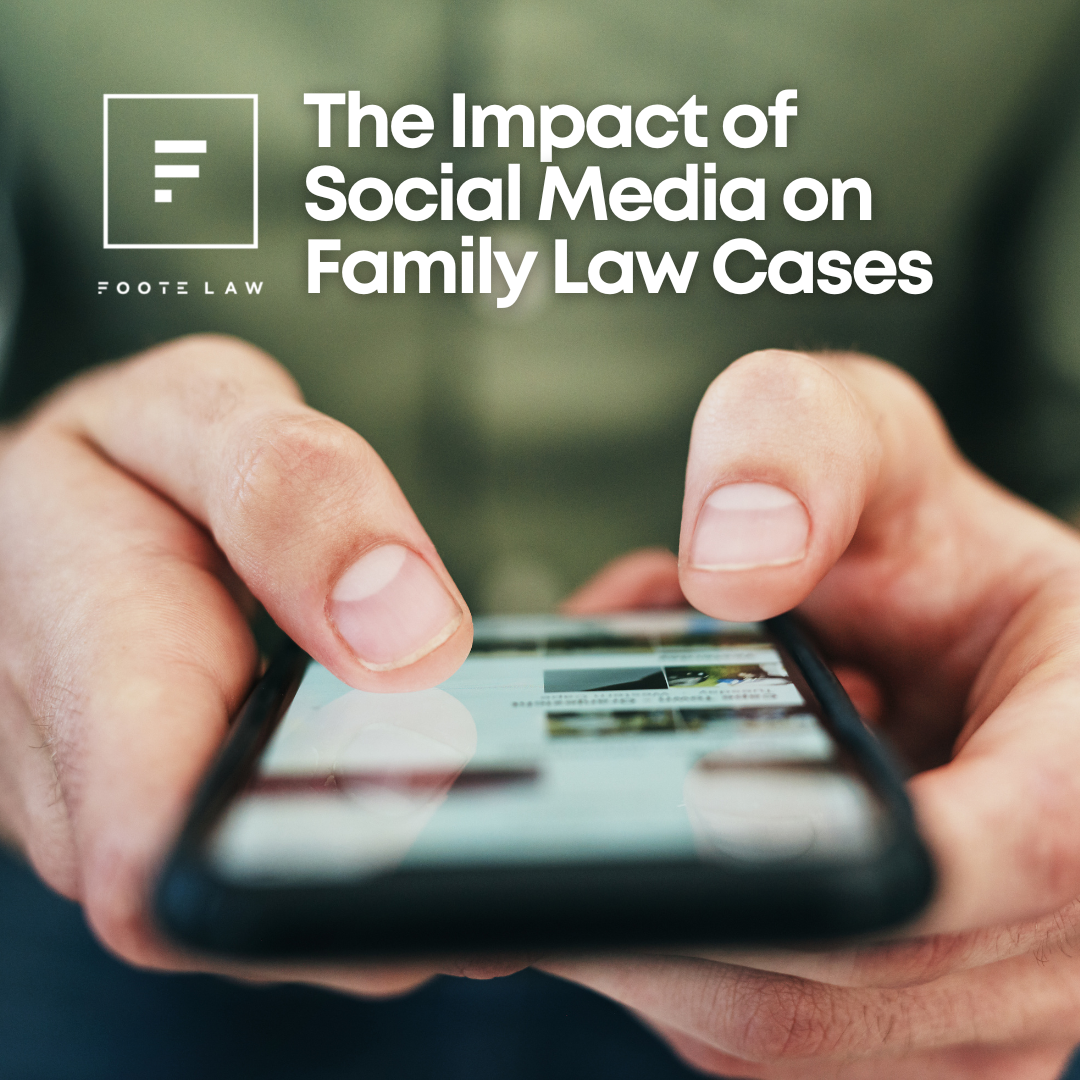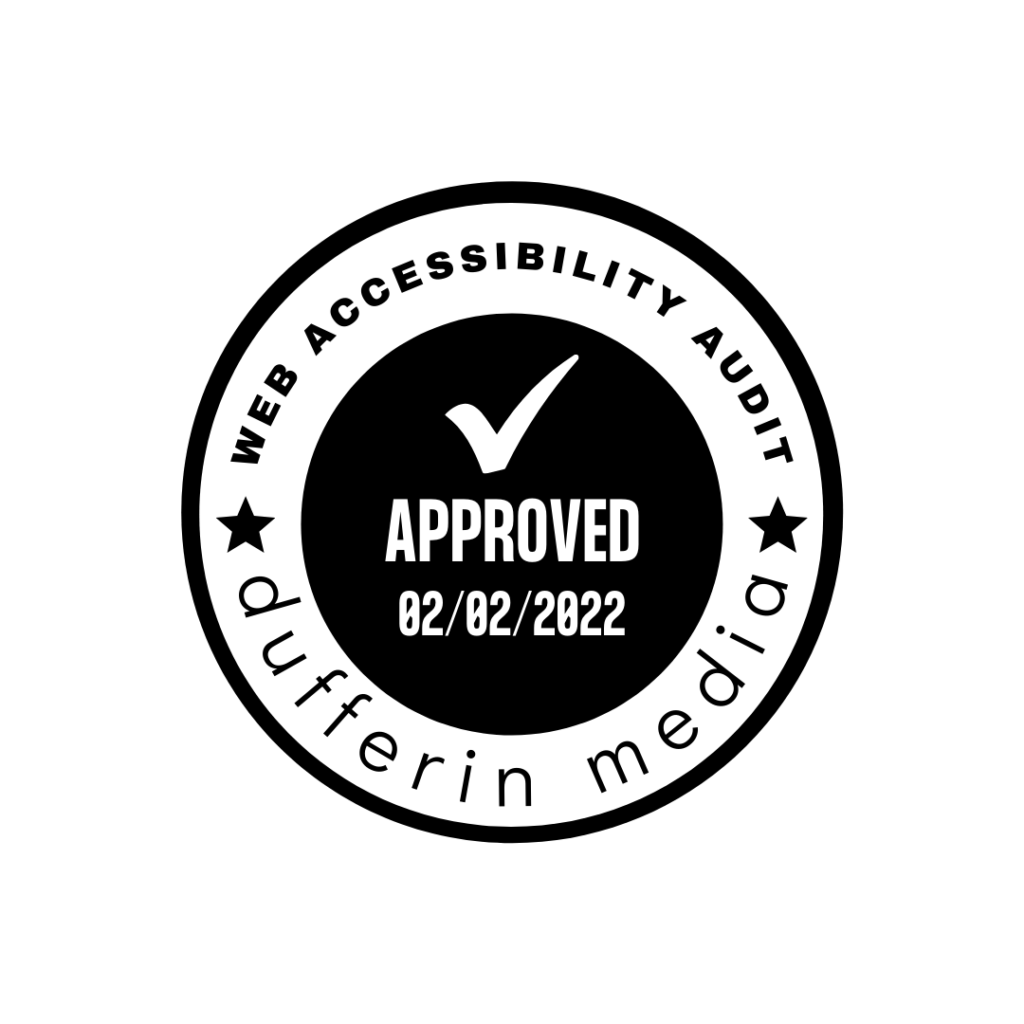The Impact of Social Media on Family Law Cases

We may consider our social media accounts to be “private,” often innocently used to keep in touch and share photos of good times with friends and family. However, users should be aware of the impact of social media has in court cases. Everything they post online leaves a detailed digital footprint about their lives that can be used against them, especially if they are involved in a separation, divorce, or support case.
Let us look at how your social media use can influence and affect the outcome of your legal proceedings.
The Impact of Social Media, and How It’s Used in Family Law Cases?
Your online world is evidence of your daily life, and it is becoming increasingly common for legal investigators to comb through your social media and use any incriminating information that they find in court.
Things you post online can be screenshotted before you even get the chance to delete it. Things you think are deleted for good can be retrieved. Your social media is also timestamped, which conveniently helps lawyers prove or disprove allegations, reveal inconsistencies, confirm information, display behaviour, and even establish financial situations. What you might think is an innocent post online can have severe consequences in the courtroom.
Here are some examples of how your social media can be used in court:
- Hostile or threatening comments or messages can prove allegations of abusive behaviour, both verbal and physical
- Photos of you consuming alcohol and drugs can paint you as an irresponsible parent or unreliable spouse
- Boasting about promiscuous behaviour or new romantic partners can become evidence of infidelity in divorce proceedings
- Photos or posts can be used in parenting cases to prove children are at risk in a dangerous environment, such as alcohol, drugs, and other substances lying in the open, access to weapons like guns or knives, unsafe situations, or unsanitary living conditions.
- Showing off new purchases, luxury items, or lavish vacations can be used to prove your financial status in child support or spousal support cases.
Ultimately, your social media can be used to prove negative things about you, so you must be careful with what you post in any family law case.
Precautions for Using Social Media During Court Cases
You do not necessarily have to stop using social media if you are involved in a family law case. However, there are certain steps you can take to be careful online and protect yourself:
- Do not attack the other party online or post hateful information or inappropriate photos of them
- Avoid sharing private pictures of yourself, your spouse, or your children
- Do not share information about your court case or complain about the other party
- Do adjust your privacy settings so that third parties cannot see your private content
- Be mindful about posting pictures of what could be considered inappropriate behaviour
- Change your settings so people cannot tag or mention you. Unwanted tags can disclose specific information that you may not want shared.
An increasingly thin line exists between your private online presence and the public sphere. Posts or comments made impulsively when people are angry or upset can have lasting effects long after your anger has passed. Family law cases are not easy, and both parties are often upset and accusatory during the proceedings. It is always best to err on the side of caution and avoid divulging private information on your social media accounts.
Foote Law – Family Lawyers in Orangeville
If you need to learn more about the impact of social media accounts on family law cases, please reach out to Foote Law in Orangeville. At Foote Law we take pride in being approachable, friendly and supportive family law firm every step of the way. Court can be intimidating and so can lawyers, but we are not your average law firm. At Foote Law, we aim to serve you and your family with compassion, dignity and with clear, open lines of communication at all times.



Recent Comments